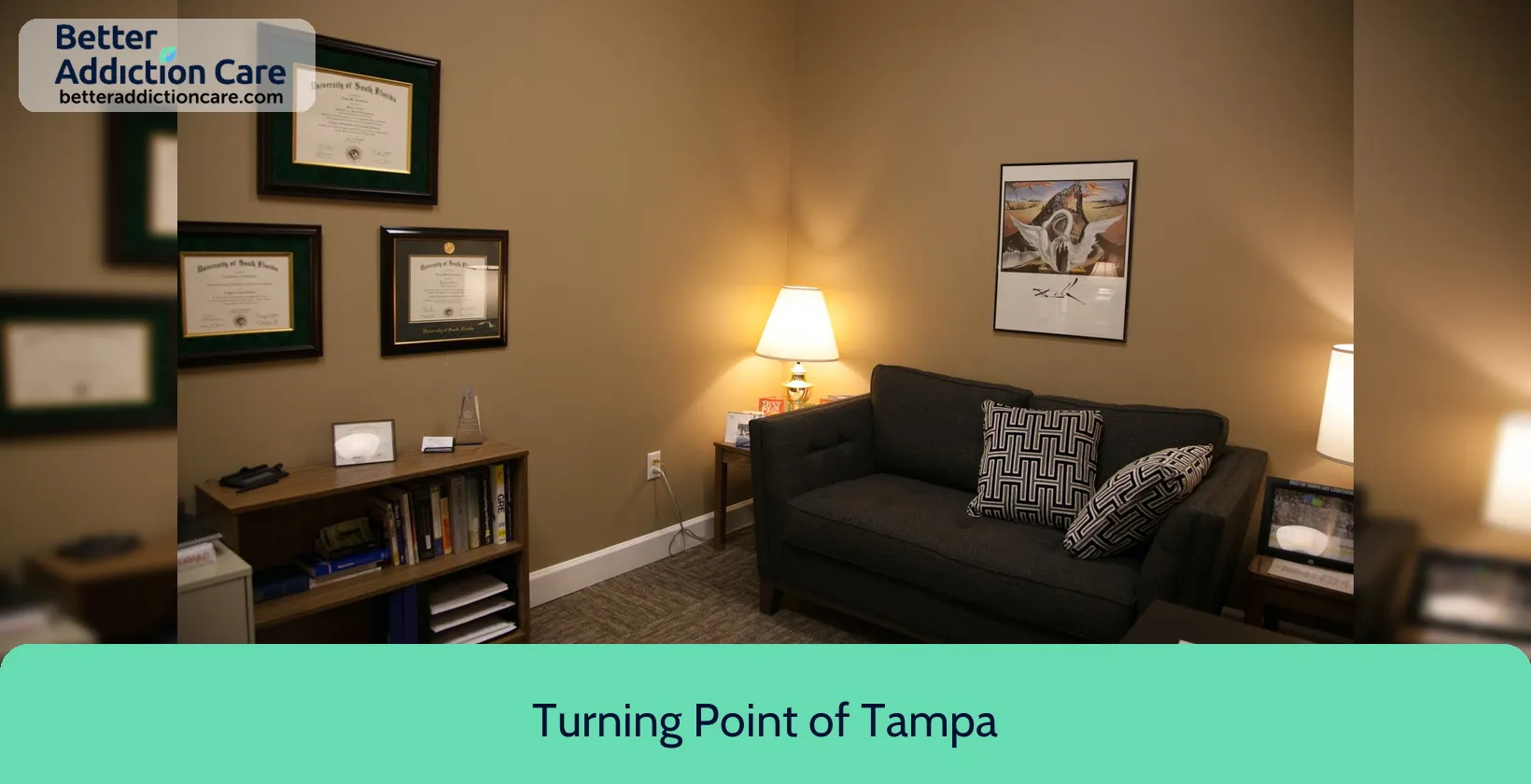Uncover the premier alcohol and drug rehab centers in Tampa, Florida. Browse through 58 local treatment facilities that provide inpatient, outpatient, and detox services.
Use advanced search filters to refine your options by payment methods, amenities, specialty programs, and more to find the perfect treatment tailored to your specific needs.
26 Treatment Centers in Tampa, FL
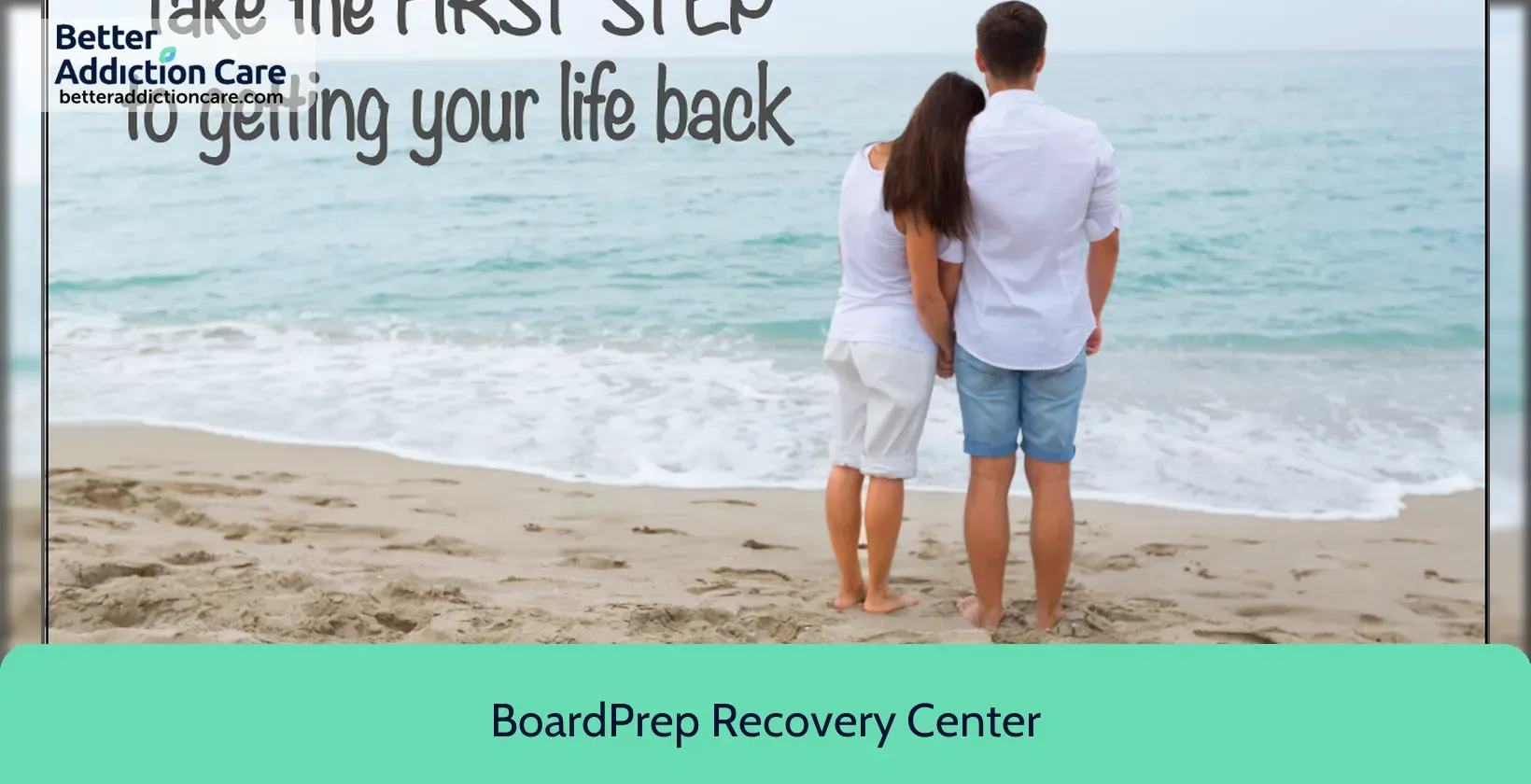
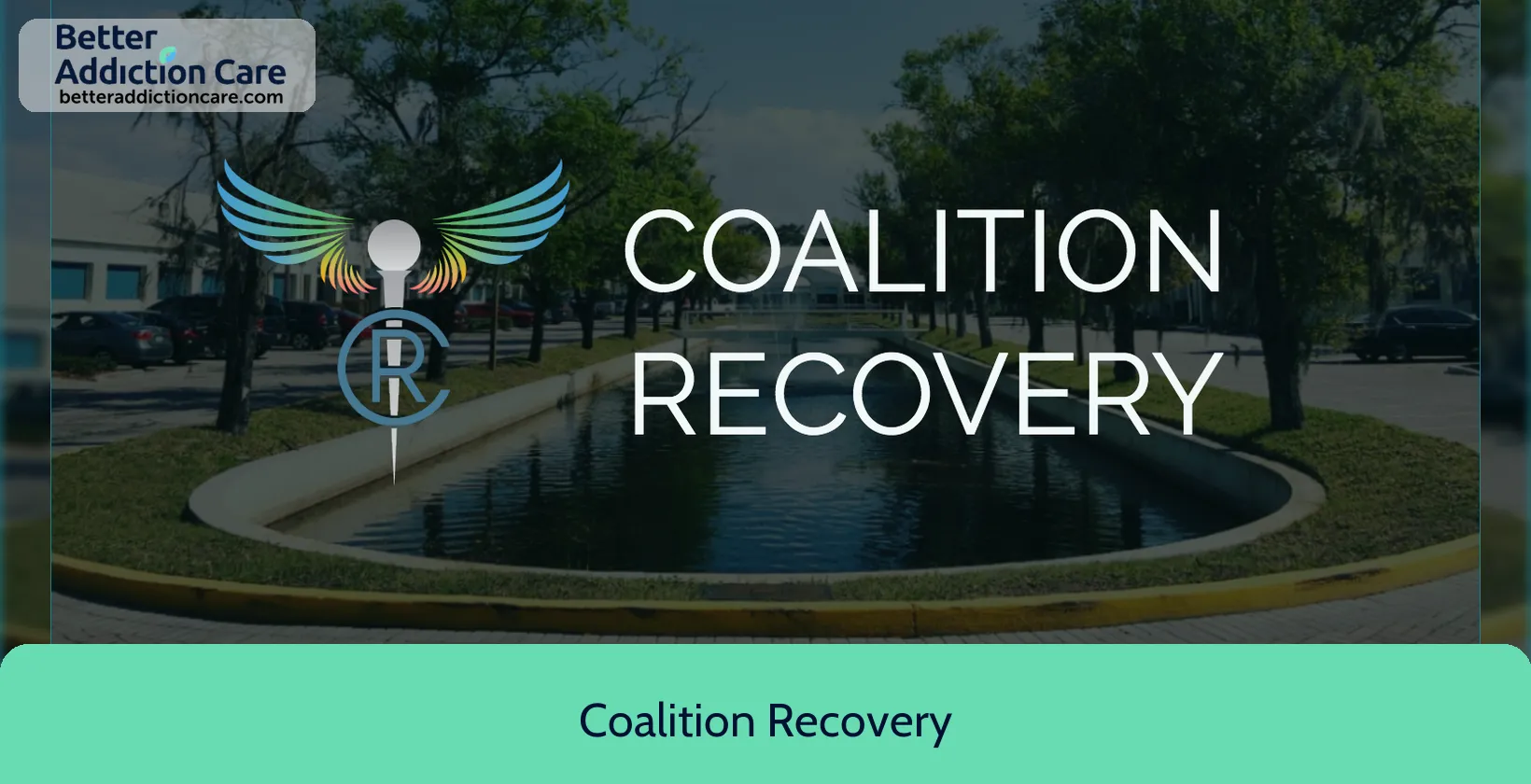
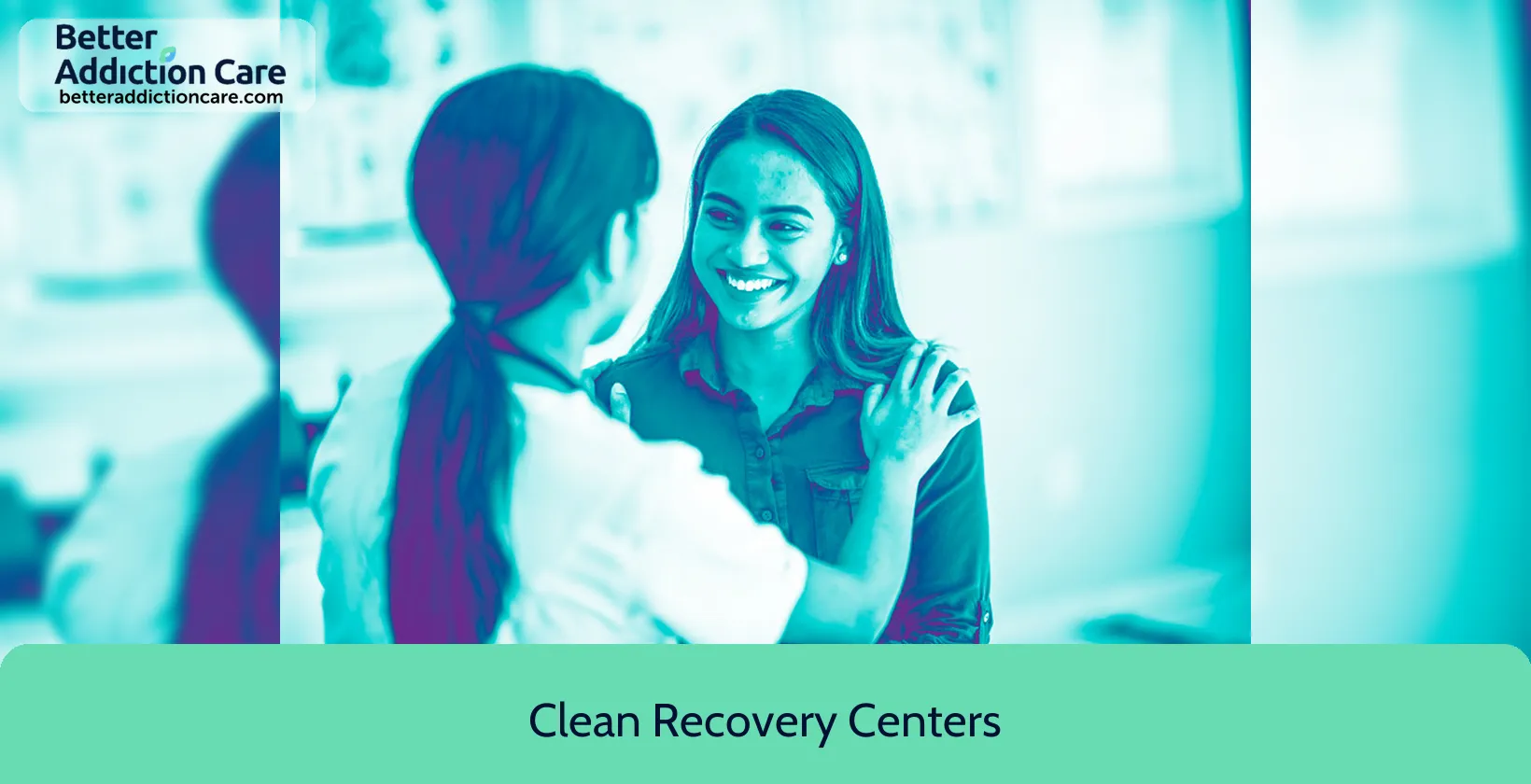
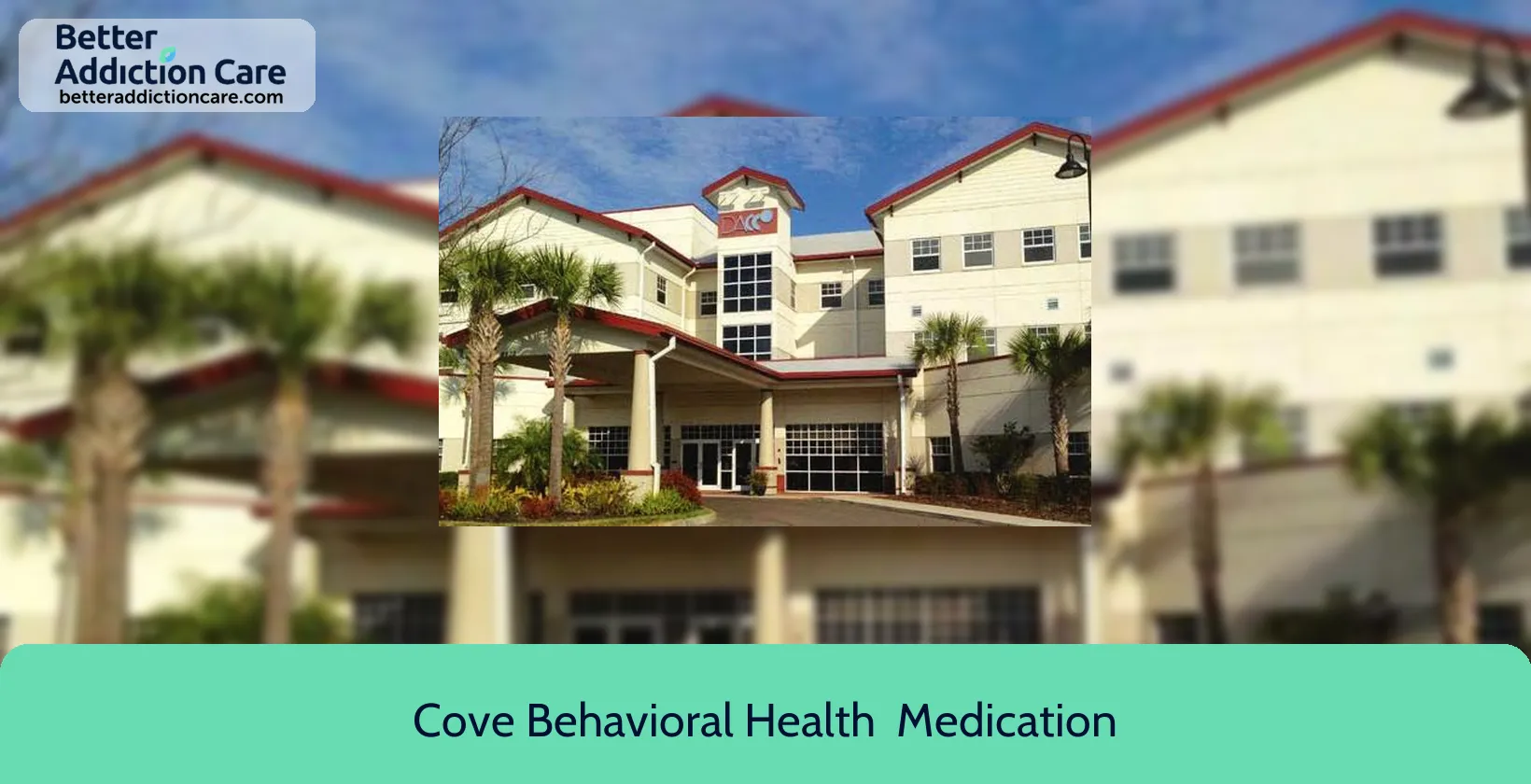
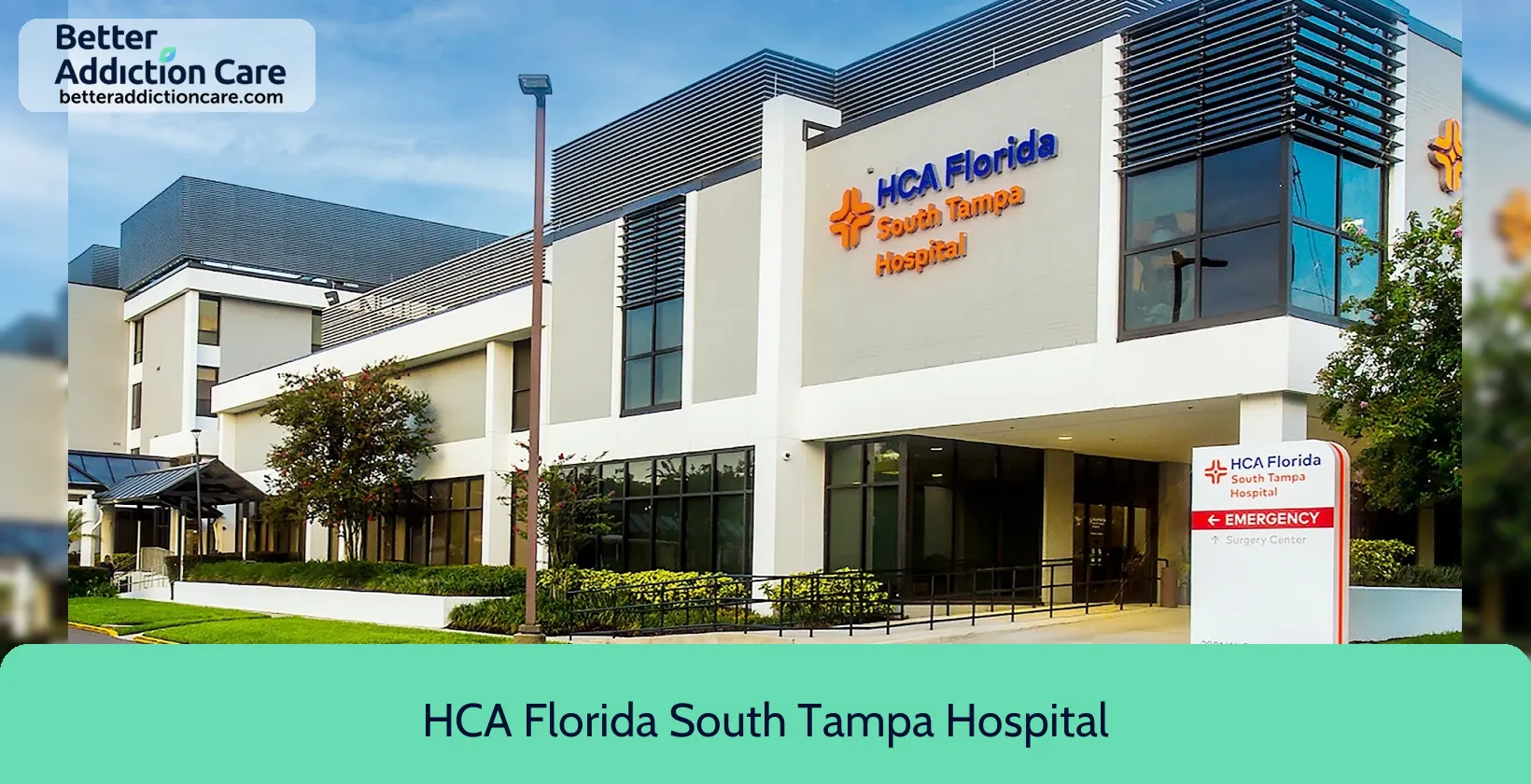
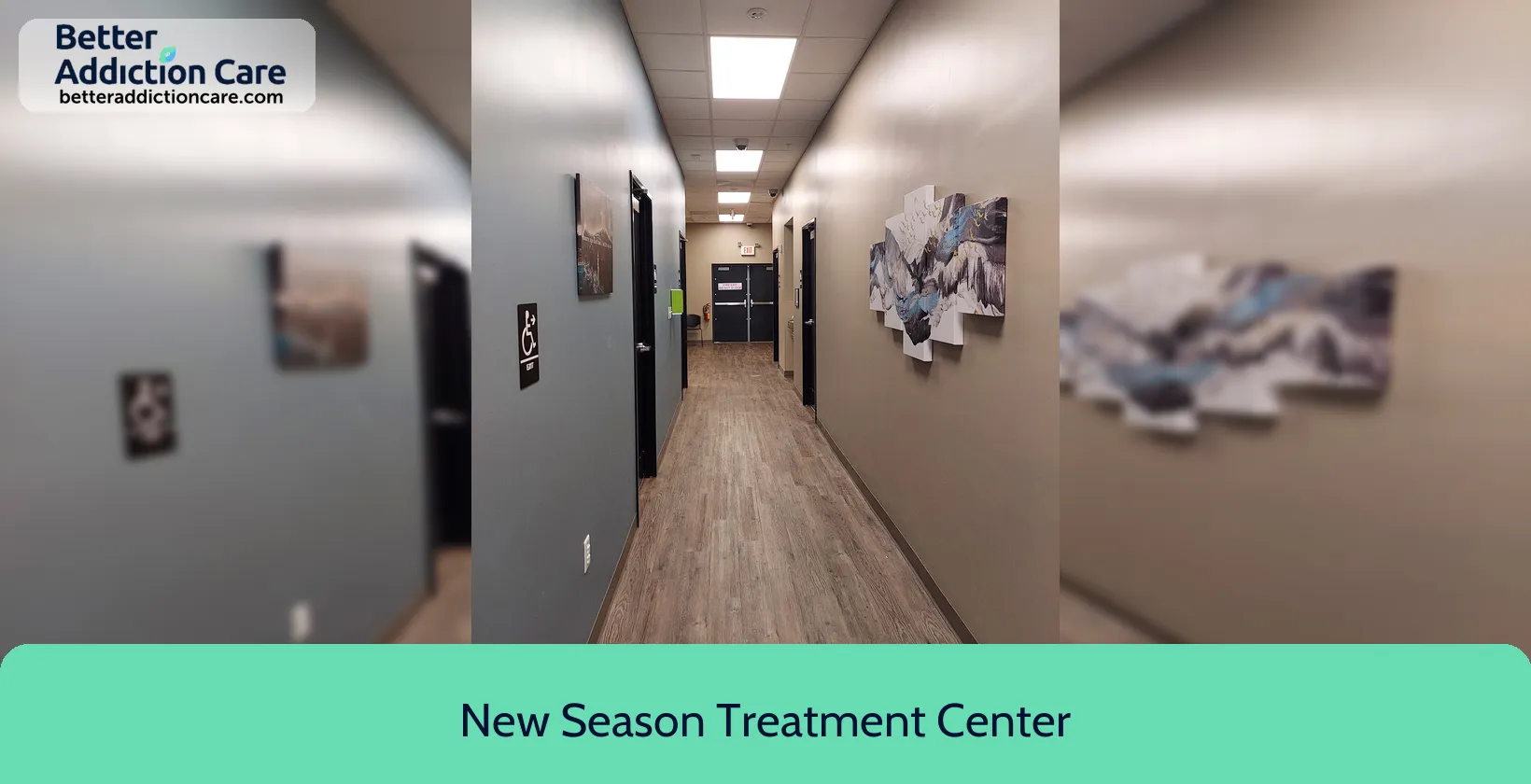


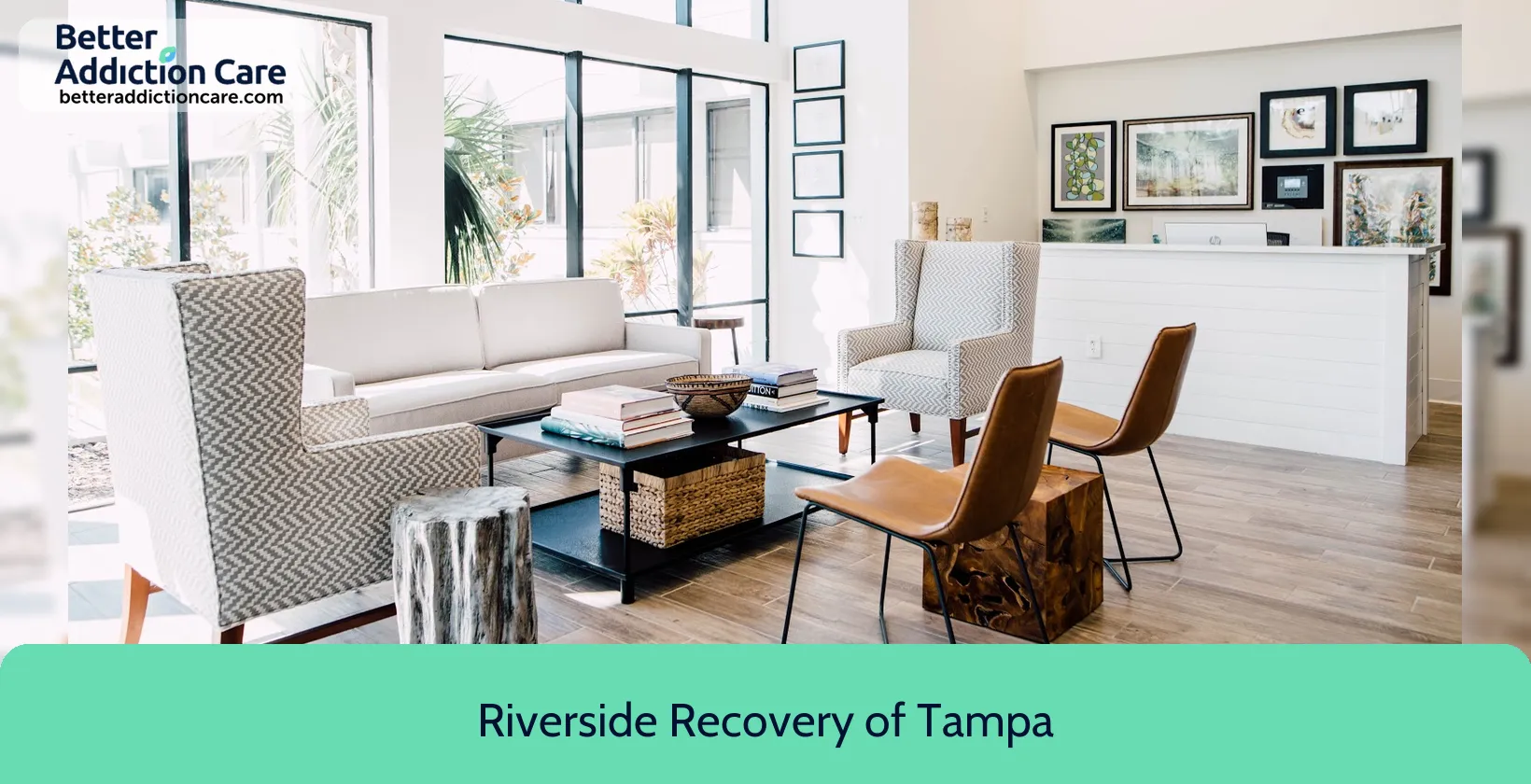
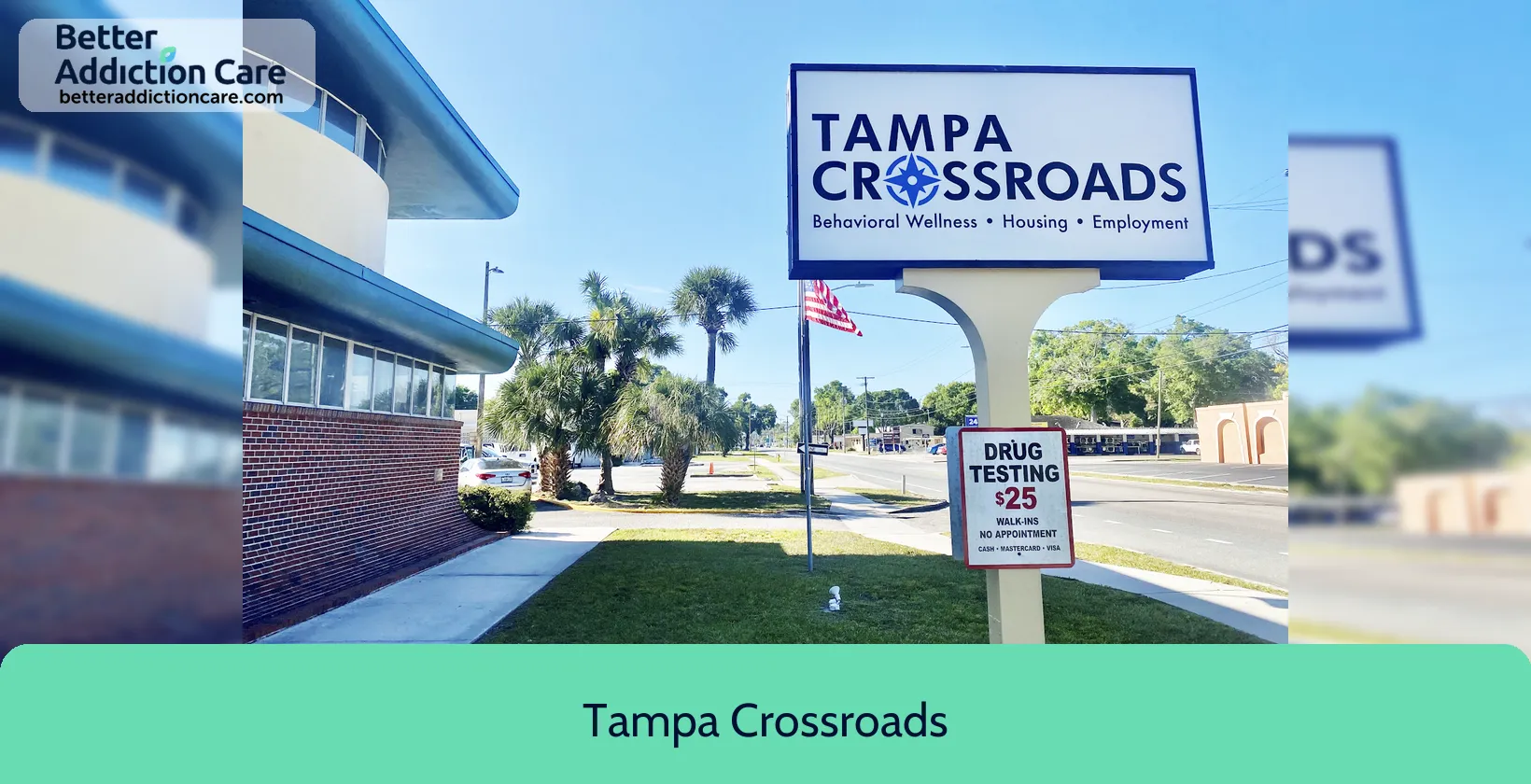
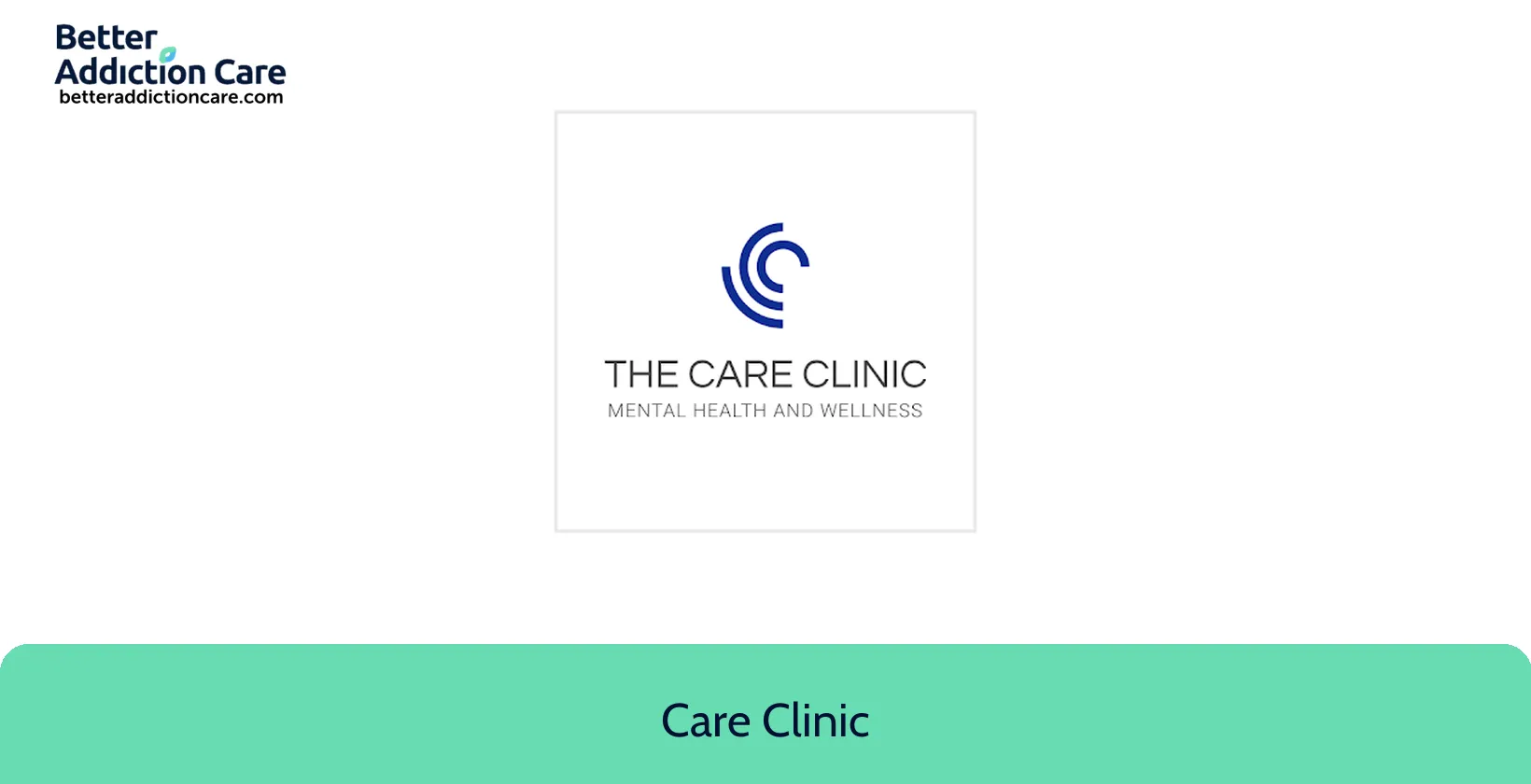

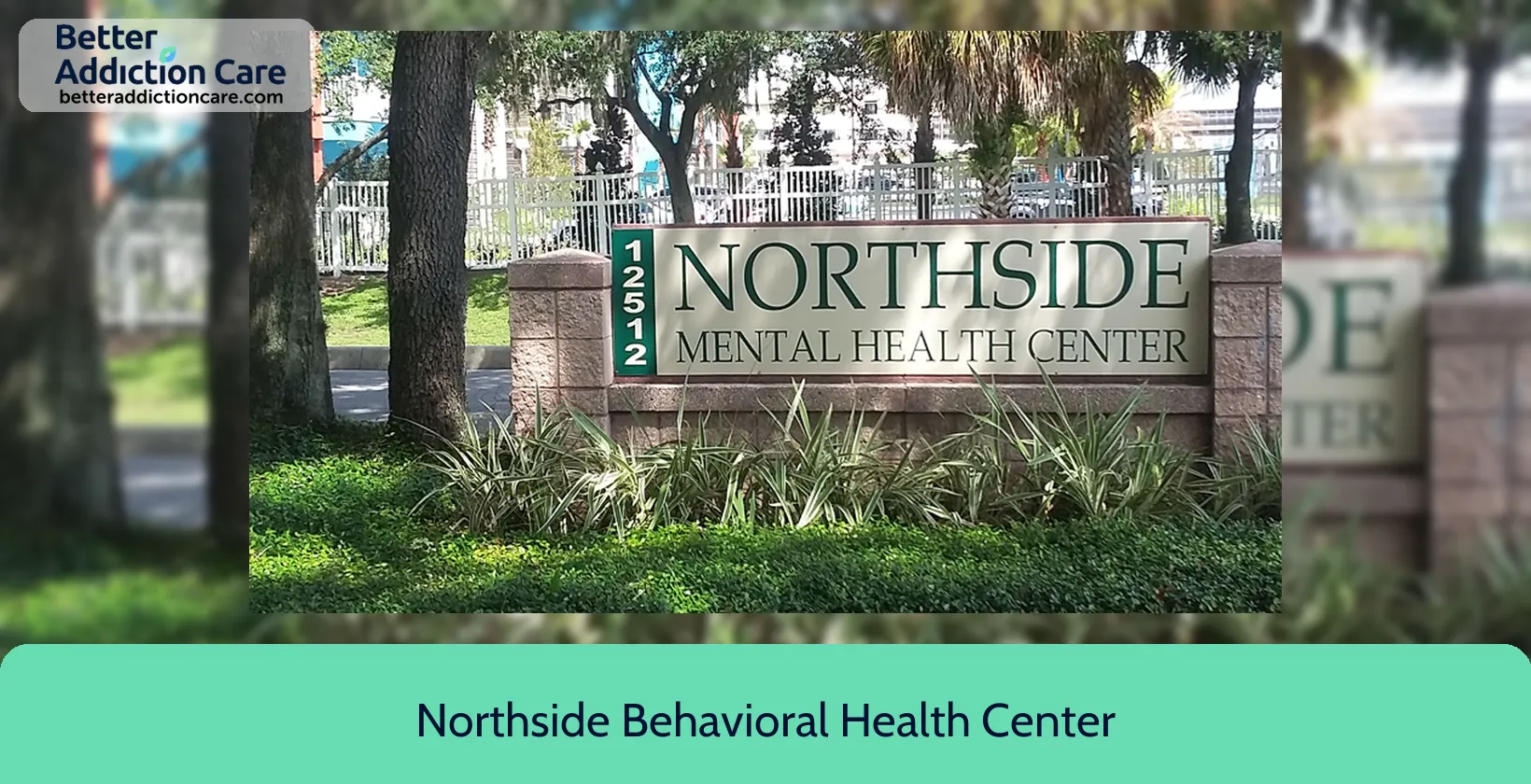



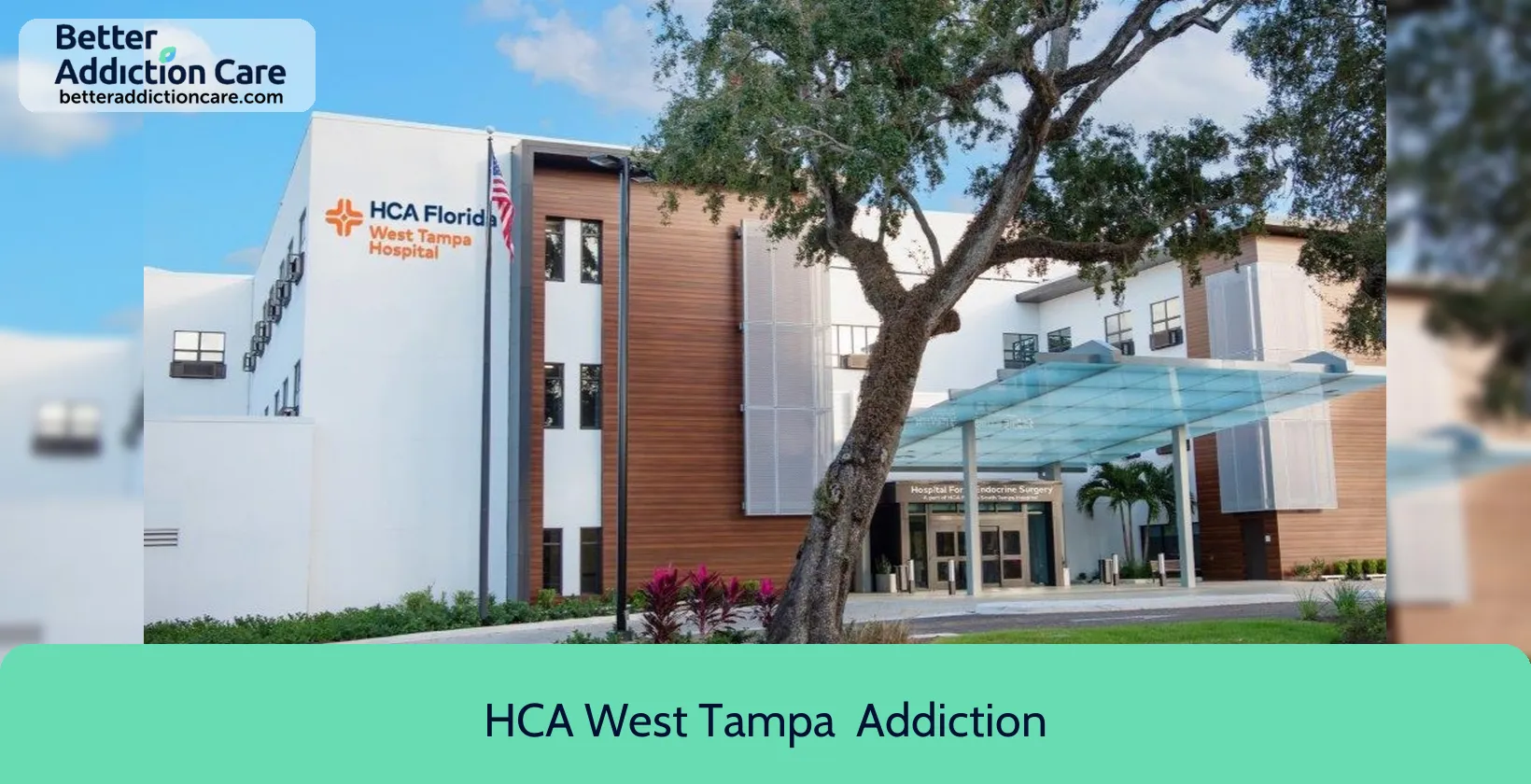

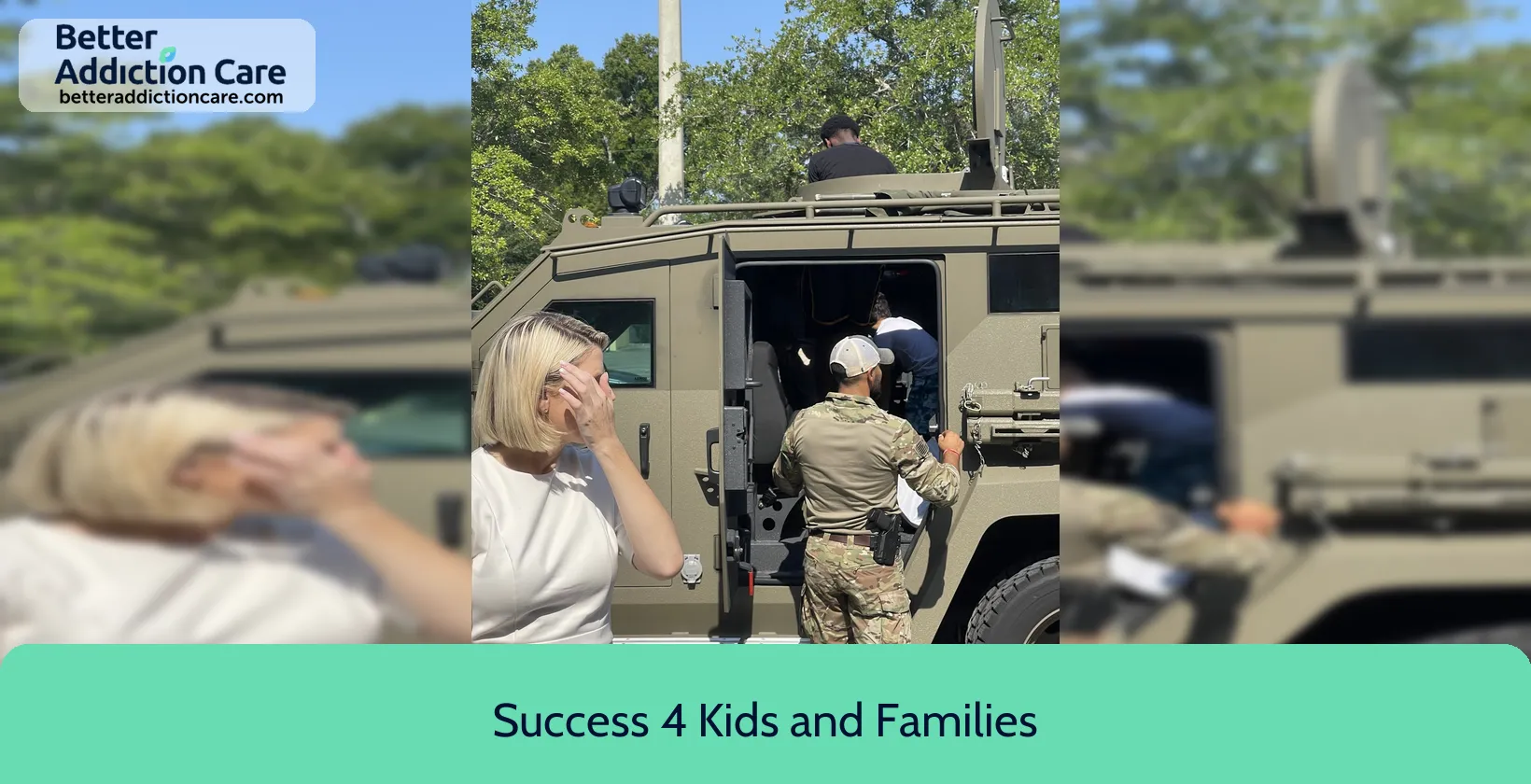


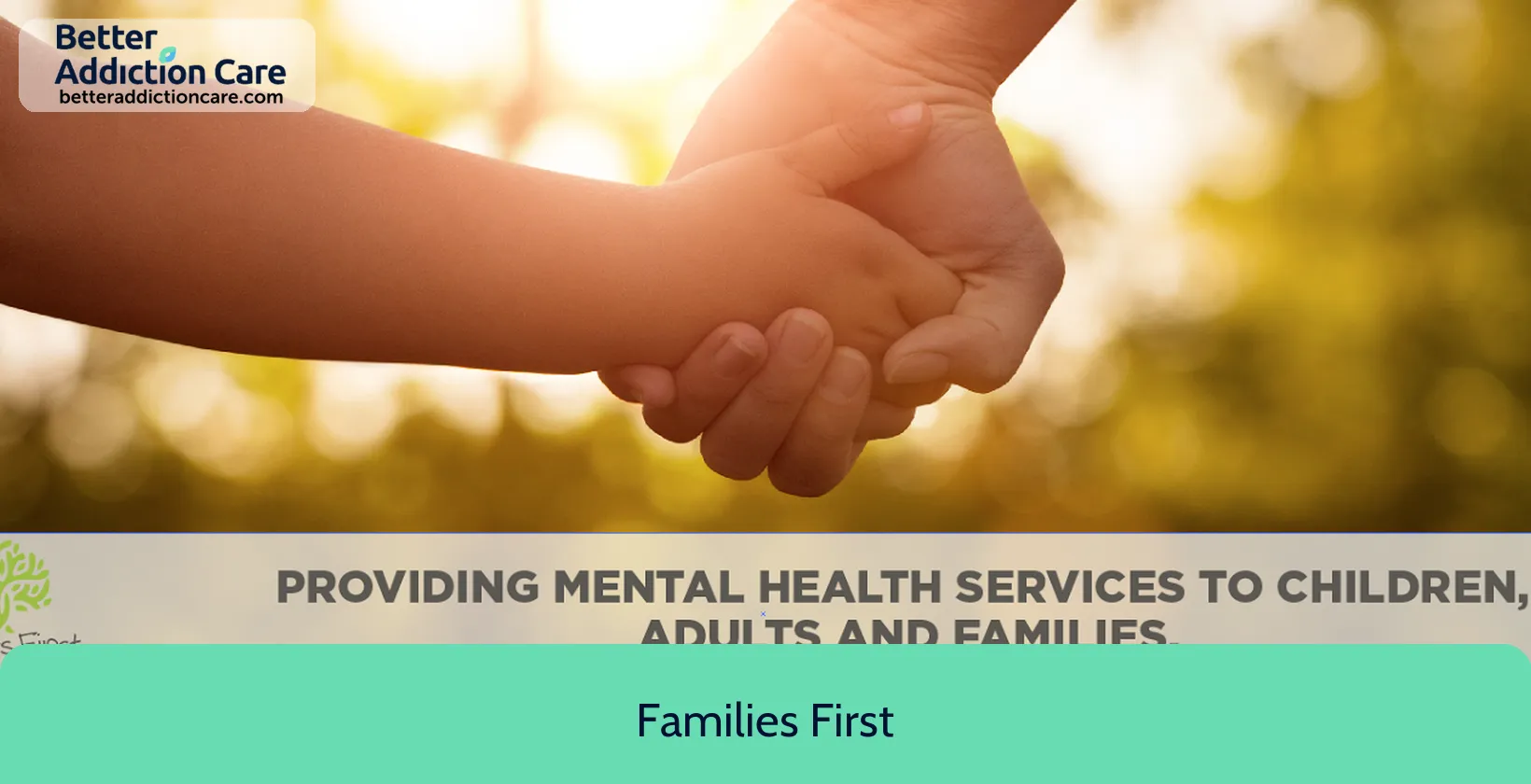
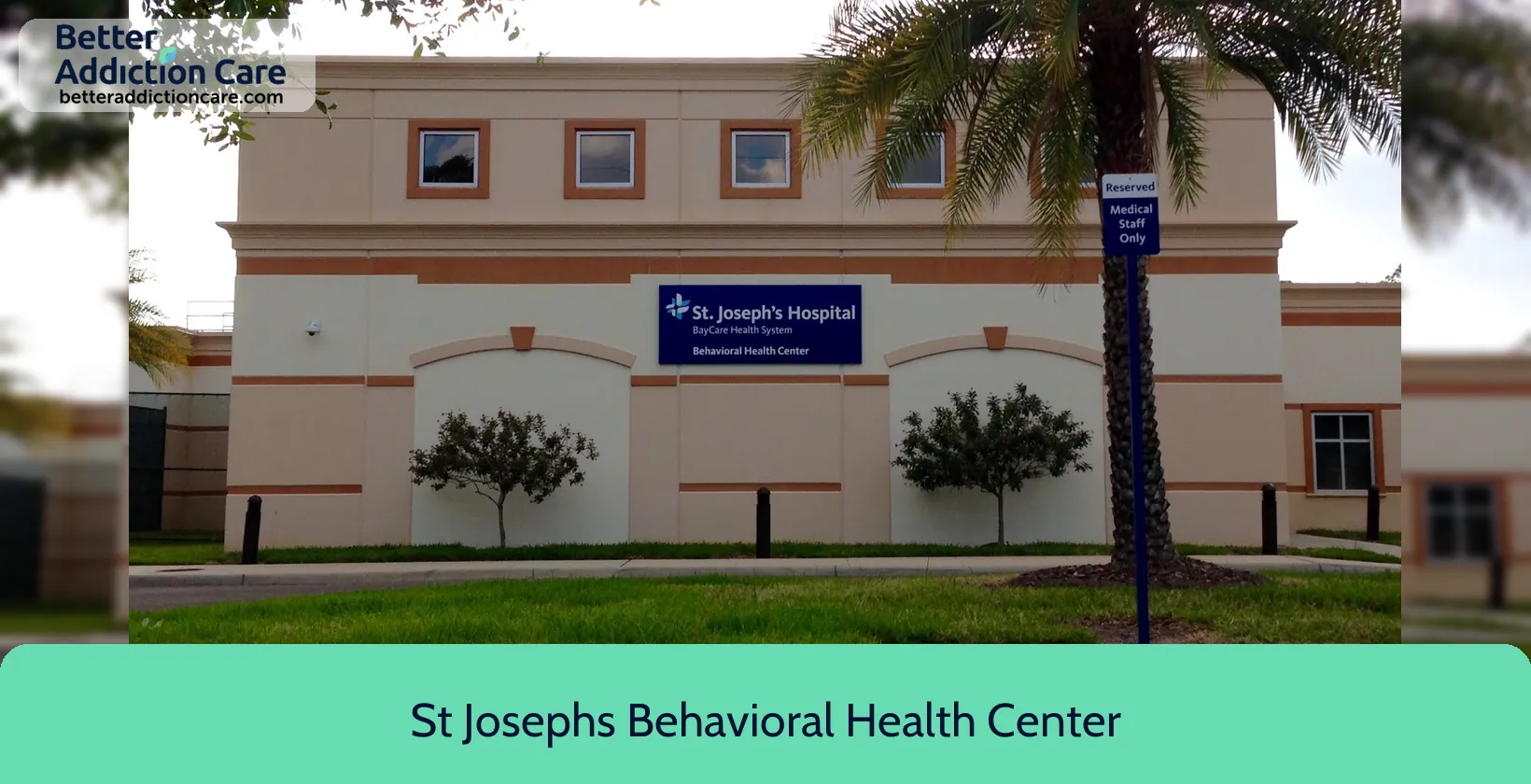
Common Questions About Better Addiction Care
Take a look at our FAQ. We've tried to fill it with all the answers you're looking for. And if not, contact us on (800) 429-7690.
It's in Florida
